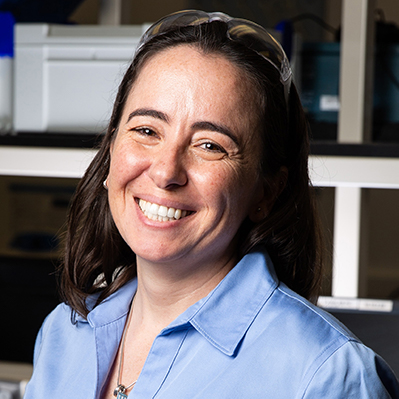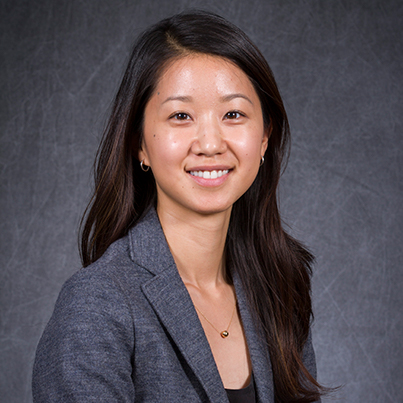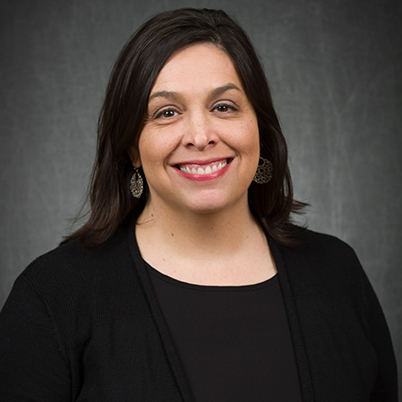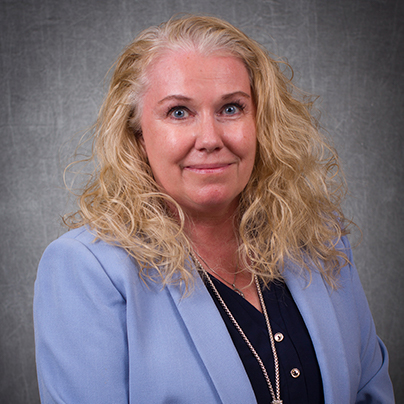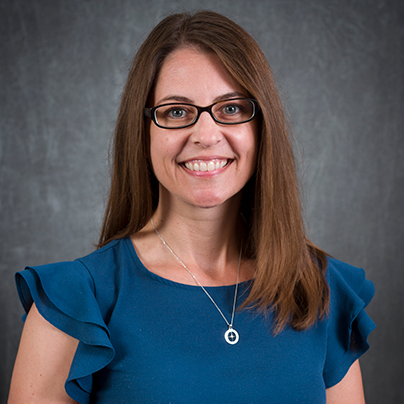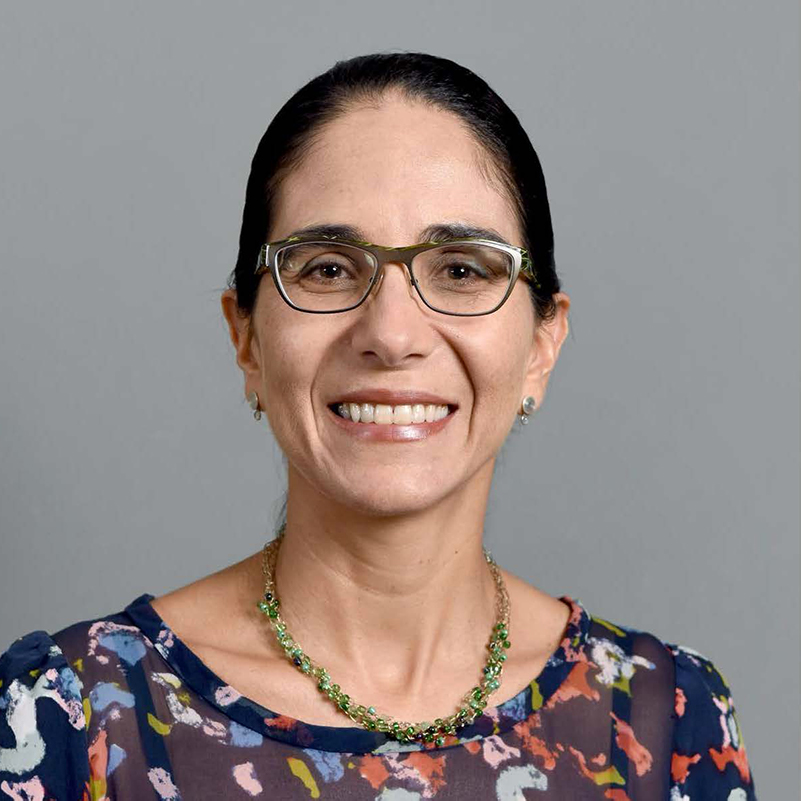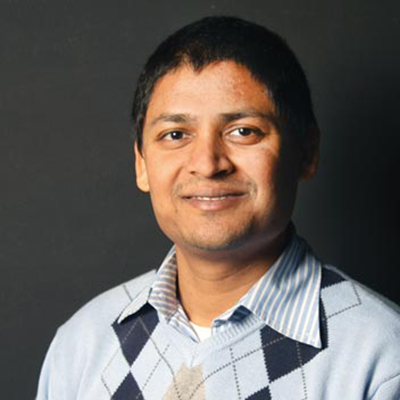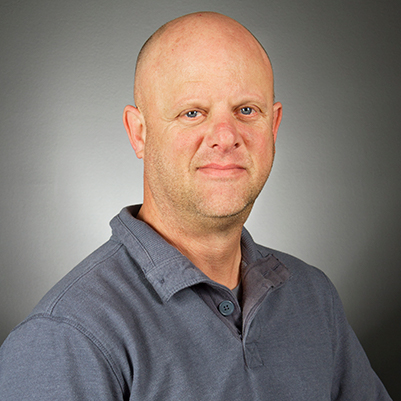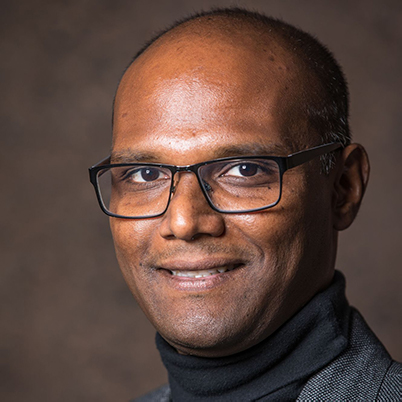“To read is to fly: It is to soar to a point of vantage which gives a view over wide terrains of history, human variety, ideas, shared experience and the fruits of many inquiries.” — A.C. Grayling
This 2021 edition of Essential Reading marks a decade of annual book recommendations to students from Ira A. Fulton Schools of Engineering faculty and staff members.
Once again, some have chosen books that can help guide students on their journeys through college and into careers or provide valuable insights into intriguing and important topics.
Others recommend books offering astute perspectives on society, education, the human condition and life’s many challenges. Some select books that are simply entertaining diversions from the daily grind.
See the links below this year’s recommended reading to find the broad variety of books that faculty and staff have suggested to students over the years since the debut of Essential Reading.
“Humor, Seriously,” by Jennifer Aaker and Naomi Bagdonas
Mariana Bertoni
Recommended by Mariana Bertoni, associate professor in the School of Electrical, Computer and Energy Engineering
“Humor, Seriously” is so relevant these days and is such a refreshing read. You would never expect that a book featuring the words “research,” “scientific” and “academics” would be lighthearted and hilarious, but the authors do a great job at bringing evidence-based science to the art of humor and its power to help us face the unexpected, become resilient and adapt to new realities. This book covers how humor springs from truths and misdirection, and how it has a transformative impact on our psychology and behavior, as well as on our mental health and creativity. It explores the idea that humor is a muscle that we can learn how to flex — apparently, every one of us can be funny — and how by refusing to take ourselves so seriously and encouraging a culture of levity in our work environment, we can foster a safe space where people are more willing to innovate and push against old ideas. It is a great read after a tough year, and could inspire many of us to laugh, learn and move on.
“Far From the Tree: Parents, Children and the Search for Identity," by Andrew Solomon
Erin Chiou
Recommended by Erin Chiou, assistant professor of human systems engineering in The Polytechnic School
Andrew Solomon’s book challenges mainstream thinking about family and identity. Drawing on interviews from more than 300 families, Solomon writes about people coping with what are typically thought to be exceptional circumstances — from having children with Down syndrome, schizophrenia or multiple severe disabilities, to having children who are prodigies, who are transgender or who become criminals. This book may be challenging to read, not just for its length — I recommend the audiobook version that Solomon narrates — but also for the themes it addresses. The best books are those that can challenge or change your thinking and maybe even cause a defensive reaction, and this book did that for me. As a second-generation immigrant — someone born and raised in a country different from the one my parents are from — I related to the themes surrounding identity and the loneliness that can come from differences within families. But I was also challenged by many of the questions Solomon asks of himself and of his readers. If you have capacity for expanding your humanity for others and learning more about the many ways of being human, I recommend this book. There are themes of heartache and cruelty, but also hope, openness and self-reflection.
“Critical Race Counterstories Along the Chicana/Chicano Educational Pipeline," by Tara Yosso
Tami Coronella
Recommended by Tami Coronella, director of student success and engagement in Engineering Academic and Student Affairs
Rather than being just another text about why students fail, Tara Yosso’s collection of vivid counterstories explains how students on society’s margins experience the educational pipeline. She uses those experiences to illuminate challenges and structural barriers that hinder academic success. Typically, that is a story told from the point of view of the cultural majority, which suggests that all students have the same access, resources and opportunities for educational success. Counterstories, such as Yosso’s, acknowledge that inequalities exist and limit educational access and opportunities for marginalized communities. Each chapter is a unique fictionalized counterstory of steps along the educational pipeline. For example, we often hear how first-generation students arrive at college lacking knowledge, experiences or skills. Yosso shares how parents of Latinx elementary school students describe what their children do have — their community cultural wealth. Other chapters tell of segregated high school experiences, including one student describing how typical reasons for students quitting school fail to accurately represent experiences in the classroom and the hostile racial climate for marginalized populations. This book is the telling of those experiences from the voices of those who are not often heard.
“Principles: Life and Work,” by Ray Dalio
Thomas Czerniawski
Recommended by Thomas Czerniawski, assistant professor of construction management in the School of Sustainable Engineering and the Built Environment
Dalio provides a straight-to-the-point list of broadly applicable work and life principles that have enabled the success of this billionaire author, founder and co-chief investment officer of the world’s largest and best-performing hedge fund. If you aspire to ambitious accomplishments, reading this book will help you pave a path toward your goal. Dalio delves into optimal ways of seeking truth, working on teams and self-reflection. The productive excellence that his book can help you develop during your university years could become your machine for transforming dreams into reality. The book gives you the schematics for constructing such a machine, which is a proven rocket to achievement.
“Jar City," by Arnaldur Indridason
Kristin Olafsdottir
Recommended by Kristin Olafsdottir, assistant director of special events, Engineering Dean’s Office
One book in a popular series of a crime novels about Inspector Erlendur and his sidekick Sigurður Óli — Icelandic detectives who solve crimes in Reykjavík, the country‘s capital city — “Jar City” begins with an old man found dead in his apartment. A photograph of a young girl’s grave and a cryptic handwritten phrase on a piece of paper are found next to him. During Erlendur’s investigation, he learns that the victim was accused of rape many years ago but was never convicted. The book takes you on a convoluted journey during which old secrets and old-fashioned revenge are revealed, while the investigation requires learning about decoding DNA and finding out how certain diseases can be inherited only by people of one gender. This book won the Glass Key Award n 2002, an award for crime novels by Nordic authors. It is an entertaining story that also provides an interesting insight into the contemporary topic of genetic sequencing.
“Humans,” by Brandon Stanton
Christine Quintero
Recommended by Christine Quintero, academic success specialist, School for Engineering of Matter, Transport and Energy
Brandon Stanton is the author of the photoblog “Humans of New York,” featuring a series of portraits and interviews with people living in New York City. In his new book, Stanton takes us on a journey to 40 countries all over the world. Through his stunning photographs and captions — ranging from one-liners to several paragraphs — Stanton gives us intimate glimpses into people’s lives. Through heartfelt and personal stories, Stanton helps us realize that no matter how different our lives may be on the surface, all humans have struggles and triumphs, and everyone feels both happiness and sorrow. We can all empathize with the people in these stories because in some way they are relatable to our own life experiences. Over the past year, life during the COVID-19 pandemic has made many of us feel disconnected from the world around us. This book is a reminder of the beautiful, messy and complicated aspects of life that we all encounter as humans.
“River of Darkness: Francisco Orellana's Legendary Voyage of Death and Discovery Down the Amazon," by Buddy Levy
Andrea Richa
Recommended by Andréa Richa, professor in the School of Computing, Informatics, and Decision Systems Engineering
Based on historical accounts and filled with captivating details, this book presents the thrilling story of the first expedition to traverse the vast and deadly Amazon River, from its birthplace to its delta, by the legendary 16th-century explorer Francisco Orellana. The book is a page-turner that revisits the history of pre-Columbian Amazon cultures, showing that they were much more populous and developed much more advanced levels of civilization than what has been claimed in the “official textbooks.” Understanding the impact that new cultures and civilizations can have on native civilizations, even if unknowingly — for example, through diseases — can help us understand and better navigate current issues that we face in our societies and social networks. This book sheds new light and rewrites some of the history of the Spanish in the Americas.
“Algorithms of Oppression," by Safiya Umoja Noble
Aviral Shrivastava
Recommended by Aviral Shrivastava, associate professor in the School of Computing, Informatics, and Decision Systems Engineering
Algorithms already shape many aspects of our society, determining who can access our medical records, who is eligible for a loan and who gets or admission to a particular school. As artificial intelligence, or AI, becomes simpler to implement and more efficient to operate, it is not hard to imagine that it will touch every single aspect of our lives, from brushing our teeth to voting in elections. While this book does not claim to understand all the potential impacts of computing, algorithms and AI in our lives, it does shine a light on several examples of how the algorithms we develop, or that AI learns on its own, can perpetuate or actually even solidify already existing biases in our society. This is an easy but important read for all who have been grappling with the ways our society is becoming increasingly divided and are pondering how we might either exacerbate or reduce those divisions through the capabilities of AI technologies. It is not difficult to agree with Noble’s assessment that artificial intelligence will become a major human rights issue in the 21st century.
“The Body: A Guide for Occupants," by Bill Bryson
Stephen Helms Tillery
Recommended by Stephen Helms Tillery, associate professor in the School of Biological and Health Systems Engineering
Have you ever wondered what exactly you are made of? What are the raw materials you will find in, say, a Steve? Well, Bill Bryson has wondered about it — a lot. He also has made the effort to figure out what it would cost to procure the raw materials to build a me and a you. And that is just the beginning of the deep dives Bryson takes into intricate details about the many systems that make up the human body, and how those systems can thrive and shape who we are. Bryson also examines how things can go wrong with our bodies. Remarkably, he does all this with lovely wit and humor. You will find his exploration reaches beyond merely laying out the facts about the body and provides some keen and important insights about ourselves.
“Utopia for Realists: How Can We Build the Ideal World," by Rutger Bregman
Pavan Turaga
Recommended by Pavan Turaga, associate professor in the School of Arts, Media and Engineering, and the School of Electrical, Computer and Energy Engineering
Imagine a world where we all feel welcomed, valued, and joyful — that is, a utopia — a place that has never felt more like a distant dream. As engineers, we are trained to adopt a critical eye toward understanding and harnessing physical phenomena around us. But we often fall short in terms of the conceptual tools to understand and address larger sociopolitical challenges. In this context, I’ve had several conversations during the past year with my friend Max Bernstein, a professor of film and theater, to try to understand if there is a frame of reference, maybe even a pragmatic data-driven approach, that could light the way forward for me. Max immediately recommended I read “Utopia for Realists.” The book makes the case for several hot-button ideas, including universal basic income, open borders and reduced workweeks — all with a very down-to-earth pragmatic framing, using data from several worldwide studies. The author makes compelling arguments. For example, is the loss of collective energy, time and happiness from resisting universal basic income greater than the cost of actually implementing it? How do we measure these two sides of the puzzle and make a decision? Read the book for some interesting takes on such issues and make up your own mind.
Check out book recommendations from Essential Reading features of past years:
2020 | 2019 | 2018 | 2017 | 2016 | 2015 | 2014 | 2013 | 2012
More Science and technology
From wannabe high school math teacher to Regents Professor
It’s a bit difficult to describe the work Stephanie Forrest does as director of Arizona State University’s Biodesign Center for Biocomputation, Security and Society.Her ASU biography lays it out this…
Regents Professor recognized as pioneer in educational technology
Reading can transport people around the world — and back and forth in time.That’s what Danielle McNamara has helped tens of thousands of students do.McNamara is the executive director and…

Professor’s expertise in technology transfer leads to top faculty honor
Universities spend billions of dollars on research, and the process of transforming that work into goods and services for the public is more important than ever.ASU Professor Donald Siegel is an…

